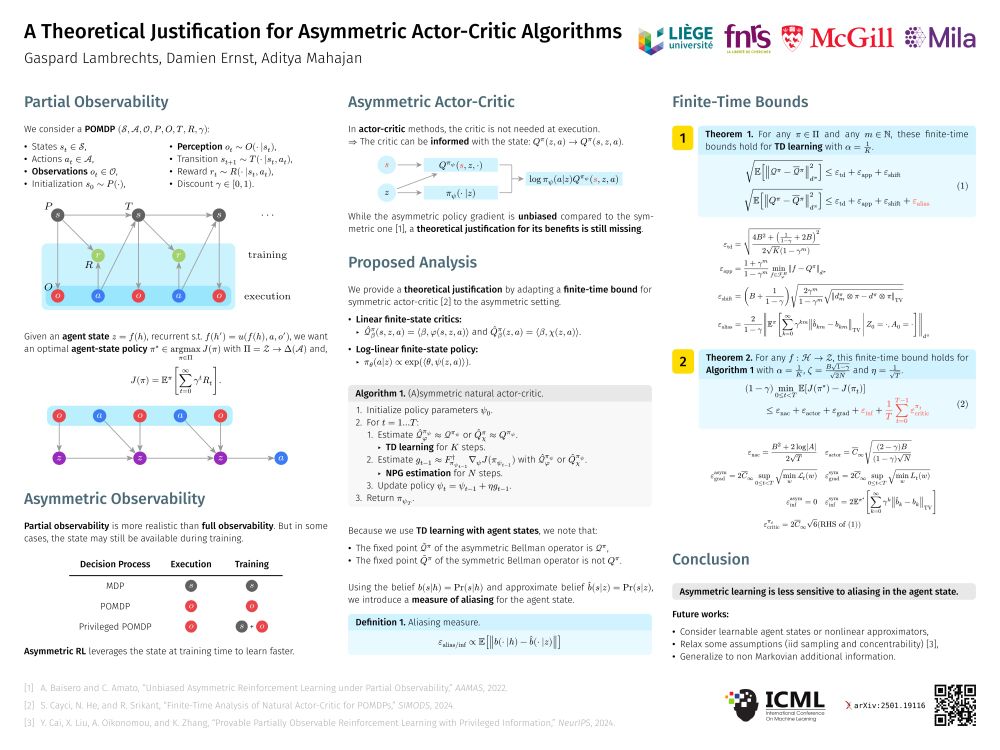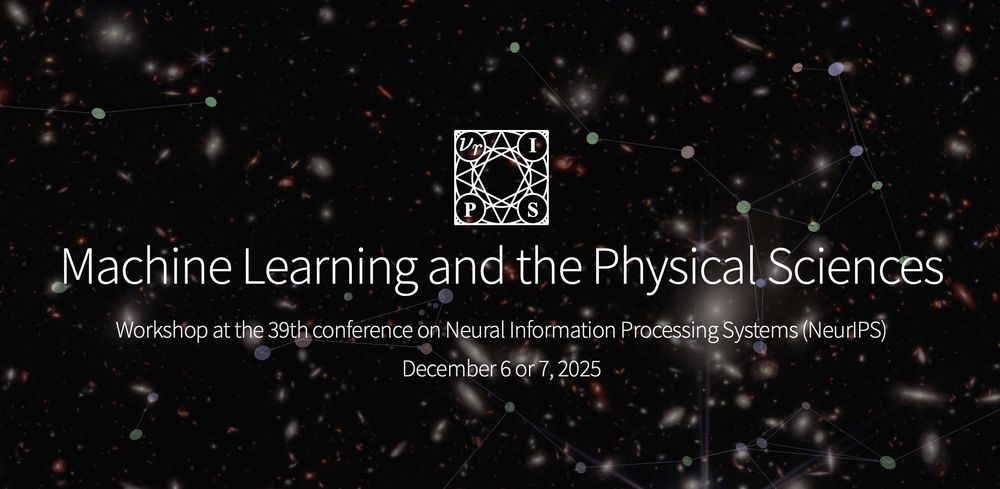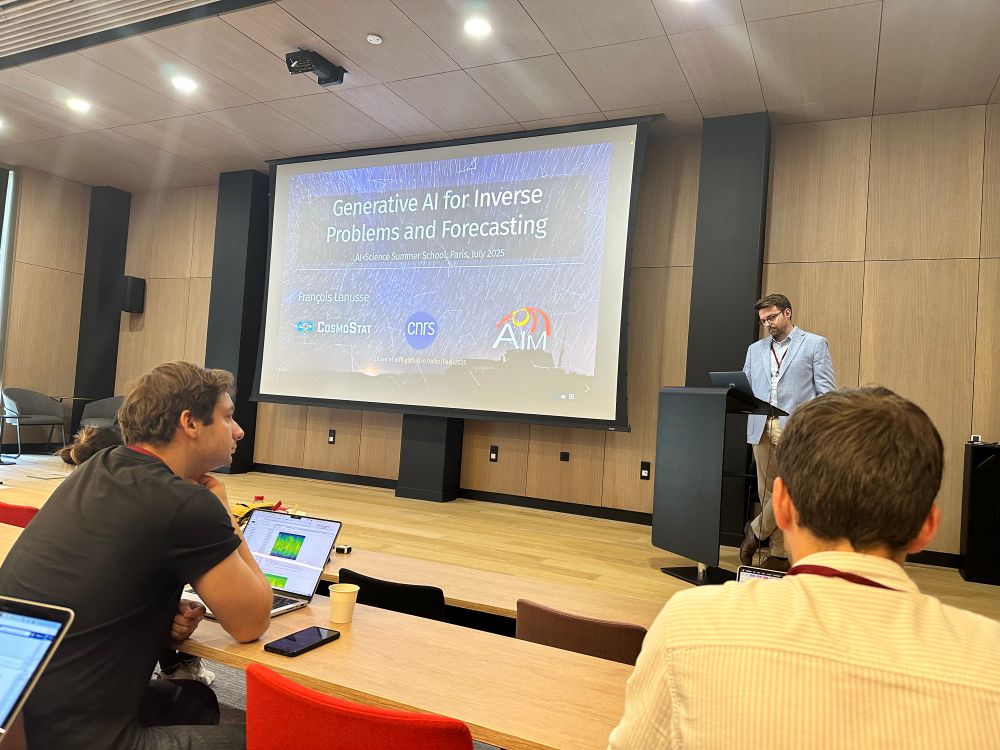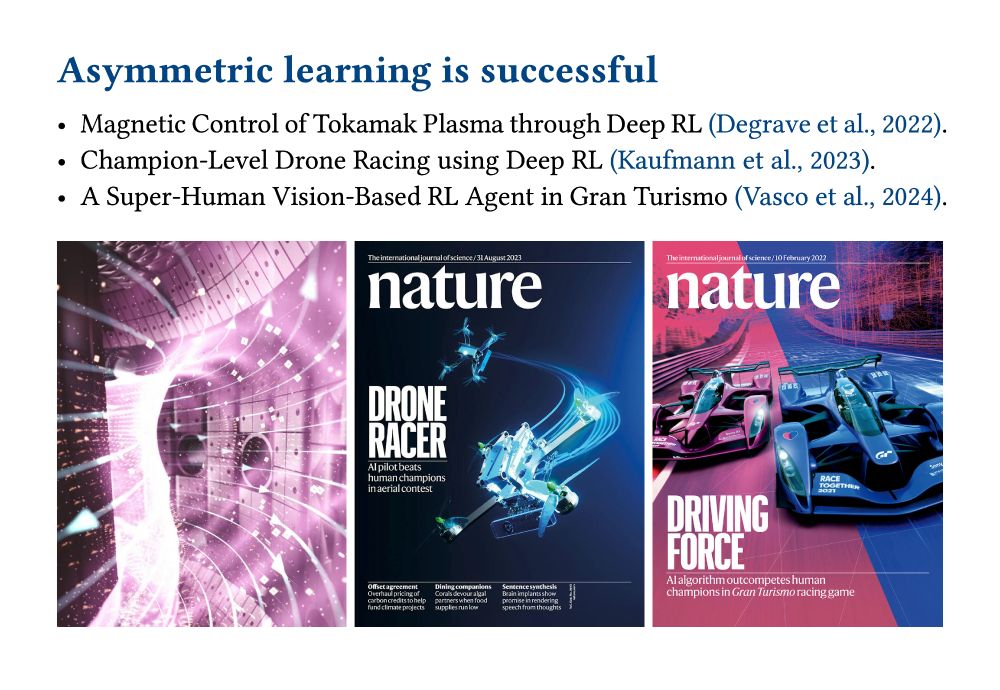François Rozet
@francois-rozet.bsky.social
780 followers
59 following
44 posts
datamancer, generative models, bayesian inference, dynamical systems, open-source software, phd with @glouppe.bsky.social
Posts
Media
Videos
Starter Packs
Reposted by François Rozet
Reposted by François Rozet
Reposted by François Rozet
Reposted by François Rozet
Reposted by François Rozet
Reposted by François Rozet
Reposted by François Rozet












